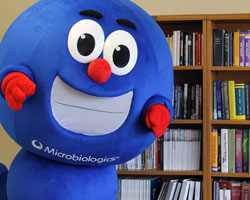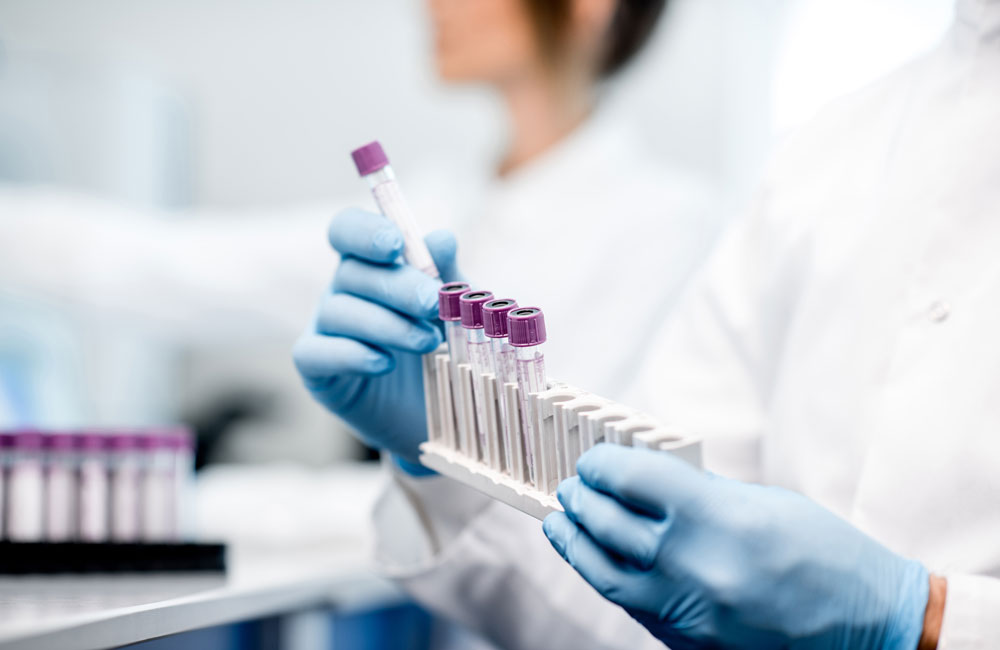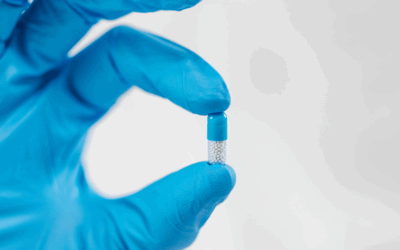Dear Stanley,
Lately, our lab has been experiencing PCR results that don’t fit with what is expected. We will see occasional positive results in a negative sample. I think the issue could be related to contamination in the lab, but I’m not sure. Do you have any tips for us?
Emily, Des Moines
Hi Emily!
Solving the origin of false or unexpected positive results in a lab test can be tricky. Contamination may not always be the cause of the type of results you are describing, but it’s still important to rule it out. No one solution fits all, so I’ve assembled some suggestions here. Of course, make sure to always follow existing lab protocols and check with your lab supervisor before performing any additional experimentation!
Determine the source of potential contamination:
- Check to make sure that reagents and consumables used are unexpired, sterile and PCR-grade
- Clean all work areas and equipment, including instrumentation and pipettes
- Try a new lot of consumables if available—the current lot may have become contaminated through repeated use in a shared lab
- If assay or test protocol allows it, rerun sample to attempt to replicate results and gather additional data points
If present, address contamination:
- Consider making smaller reagent aliquots in order to limit the opportunity for contamination
- Implement new cleaning procedures or revise existing ones to be more stringent
- Brush up on aseptic and good molecular lab technique, including the use of positive and negative controls with each experiment
If present, address contamination:
- Test sample using a second assay or platform for the false positive target to confirm its presence or absence
- If working with two or more closely related species, assess homology between the test targets chosen for each with a search using tools like BLAST as cross-reactivity can occur between them during PCR
- Monitor and track test results over time to notice a pattern of unexpected positive target detections
- Use certified QC materials to test instrumentation periodically based on local regulations
Sincerely,
Stanley

Stanley Staphylococcus is a Master Micro-Technologist at Microbiologics, where he is responsible for helping customers understand why microorganisms behave the way they do. You could say he’s somewhat of a psychologist. Microbiologics has been lucky to have Stanley, a graduate of Gram-Positive Cocci University, as a member of their renowned Technical Support Team for over 20 years. Stanley says his favorite type of people are microbiologists and he enjoys traveling far and wide to meet them. Amazingly, Stanley has been on every continent – even Antarctica!
How to submit inquiries: There are two ways to get Stanley’s help. You can email your questions to stanley@microbiologics.com or you can simply submit an inquiry from our Dear Stanley page. For urgent issues, please contact our Technical Support Team at techsupport@microbiolgics.com or 1.320.229.7045.






Good article, thanks!